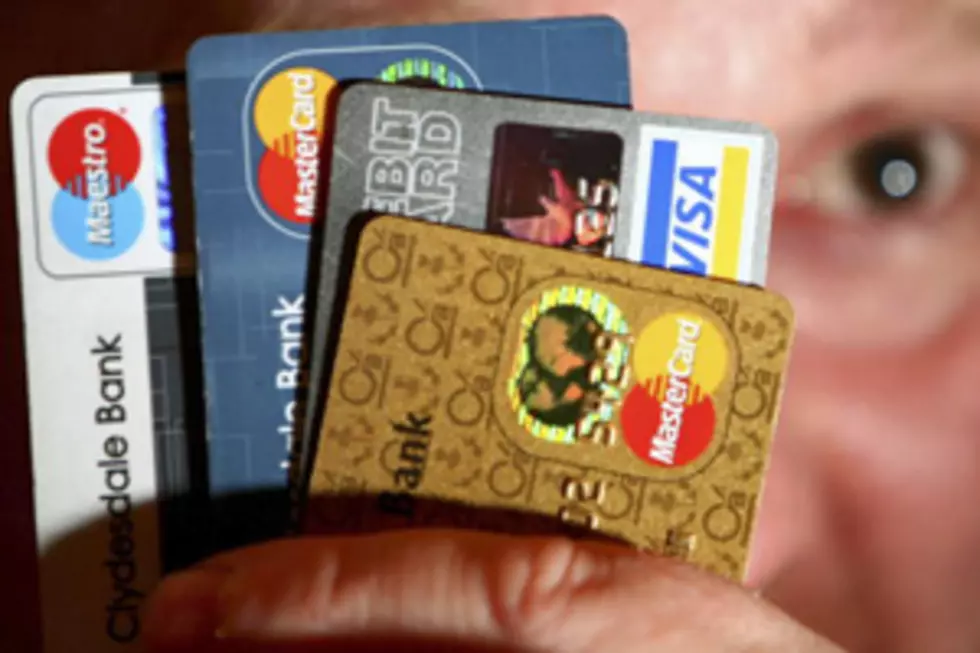
Beware: Authorization Holds Can Keep Your Funds Hostage
Credit is a convenience; it allows you to charge a meal on your credit card, pay for an appliance with an installment plan, or take out a loan to buy a house. With credit you can make a purchase when you don’t have cash, and you can enjoy the purchase while paying for it. However, when dining out or spending the night in a hotel, it’s important to take note of what the banking industry calls an “authorization hold.”
Here’s how it works: Let’s say your restaurant bill comes to $100 and you give the server your credit card. When they run it through, they put an authorization hold on your account for $120, assuming you’re going to add a nice tip to the bill. But you leave the tip in cash on the table instead. Still, your bank or credit card
company “holds” that $120 for a couple of days until the actual amount of your charge is processed. And that means you don’t have access to that $20. If you are close to your credit limit, it could mean a purchase is declined. If you use a debit card, it could mean a bounced check and overdraft fees.
Now imagine it’s a hotel stay. You’ve checked in and provided a credit card at the front desk. They put an authorization hold on your card for what they think will be your total bill, including room charge, taxes and incidentals. If you’re taying for several nights, this could amount to a lot of money.
Credit card rocessors discourage vendors from doing these kinds of holds, but they are llowed as long as the vendor notifies customers. BBB advises that you keep abs on your credit and bank accounts online, especially when traveling, and to ead the fine print on hotel agreements. When dining, pay for your check and ip together with either credit or cash, but not both. And whenever possible, eep a “cushion” of available funds on credit cards by paying off the balance regularly.
Start With Trust. For trustworthy consumer tips and information, visit wynco.bbb.org or call 970-484-1348 or 800-564-0371.
More From K99








